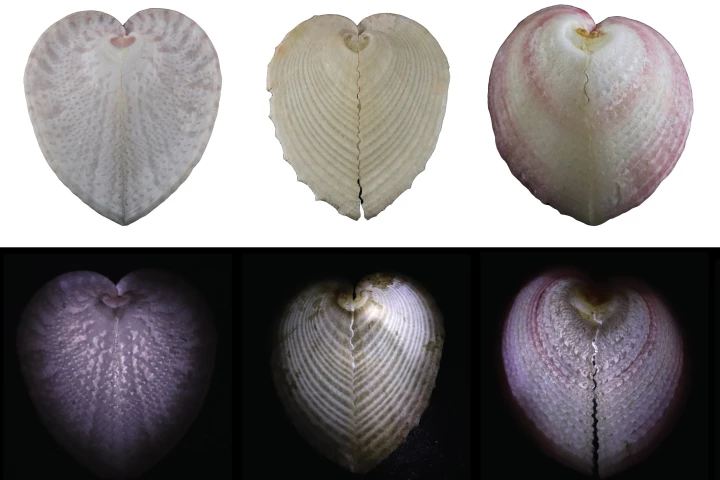Duke University
-
Working out doesn't just build muscle but, in later life, helps maintain a powerful cellular machine that repairs damaged tissue. Scientists have now not only discovered how this system works but found a way to keep it balanced in older muscles.
-
Does the feeling of standing up too fast and suddenly getting lightheaded sound familiar? Tracking your blood flow can explain why this is happening, and that’s what sets Lumia 2 apart from other similar energy-management devices.
-
Old Nazi warheads and US warships have been reclaimed by a new army of diverse marine life, as scientists for the first time uncover how nature has made use of the munitions and fleets that ended up dumped in waterways during the two world conflicts.
-
If you could get a quick, easy scan in your 40s, which could add decades to your life and aging healthily, would you? Scientists have made such a tool, letting you glimpse into a crystal ball that identifies age-related disease risk long before onset.
-
A new experimental painkiller has shown promise in dulling or eliminating pain without the addictive qualities exhibited by today's most popular opioids. The drug also sidesteps common opioid side effects like constipation and sedation.
-
In what they're calling the "highest density of mechanical bonds ever achieved," researchers created a super-strong flexible material that works very much like chainmail. The breakthrough has already demonstrated its ability to improve body armor.
-
When it comes to technologies used only by humans, you might think that fiber optics would rank right up there. Such is apparently not the case, however, as scientists have discovered that a certain clam uses "fiber optics" of its own to get food.
-
Most of us are familiar with the vest-clad beagle that hunts for illegal fruits and plants in the travelers' luggage at airports. Now, a species of giant pouched rat has been trained to fulfill a similar role in finding illegal wildlife products.
-
Thor and the Hulk may be more closely related than we thought. Thunderstorms are known to produce gamma rays in the atmosphere, but a new study has found that not only do they happen way more often than we realized, but they’re much weirder.
-
For the first time, scientists have shown how a specific protein increases in our organs as we get older and actively promotes the aging process. By blocking this, we could not only live longer but be protected against physical decline and disease.
-
Researchers have developed a novel intranasal COVID-19 vaccine that enhances the immune system’s response to the virus, providing longer-lasting, greater protection than vaccine injections, even against new and emerging variants.
-
In order to keep surgeries minimally invasive, it would be great if implants could be injected into the body in liquid form, then solidified once in place. Well, a new ultrasound-based 3D printing process may one day make that very thing possible.
Load More











